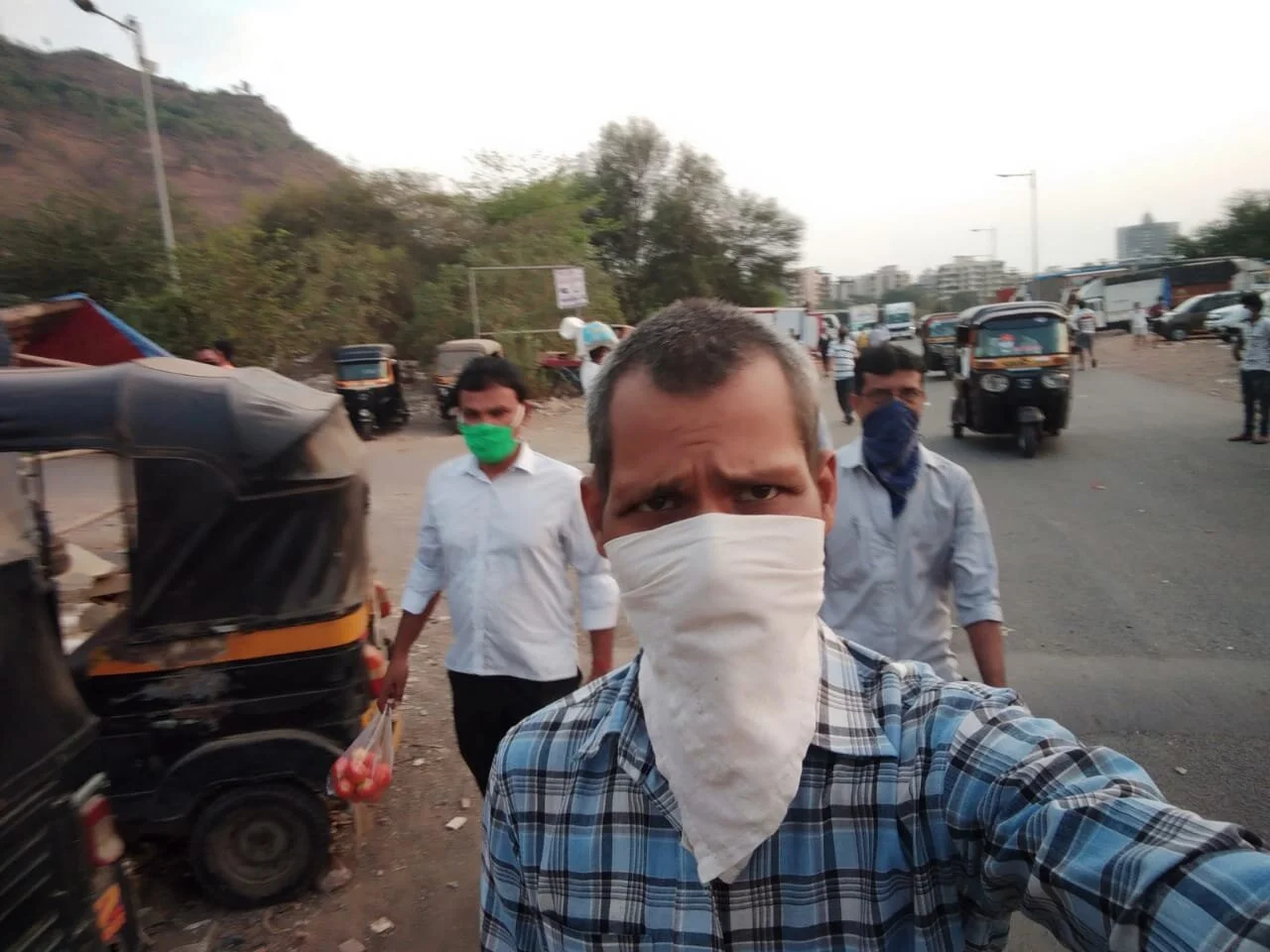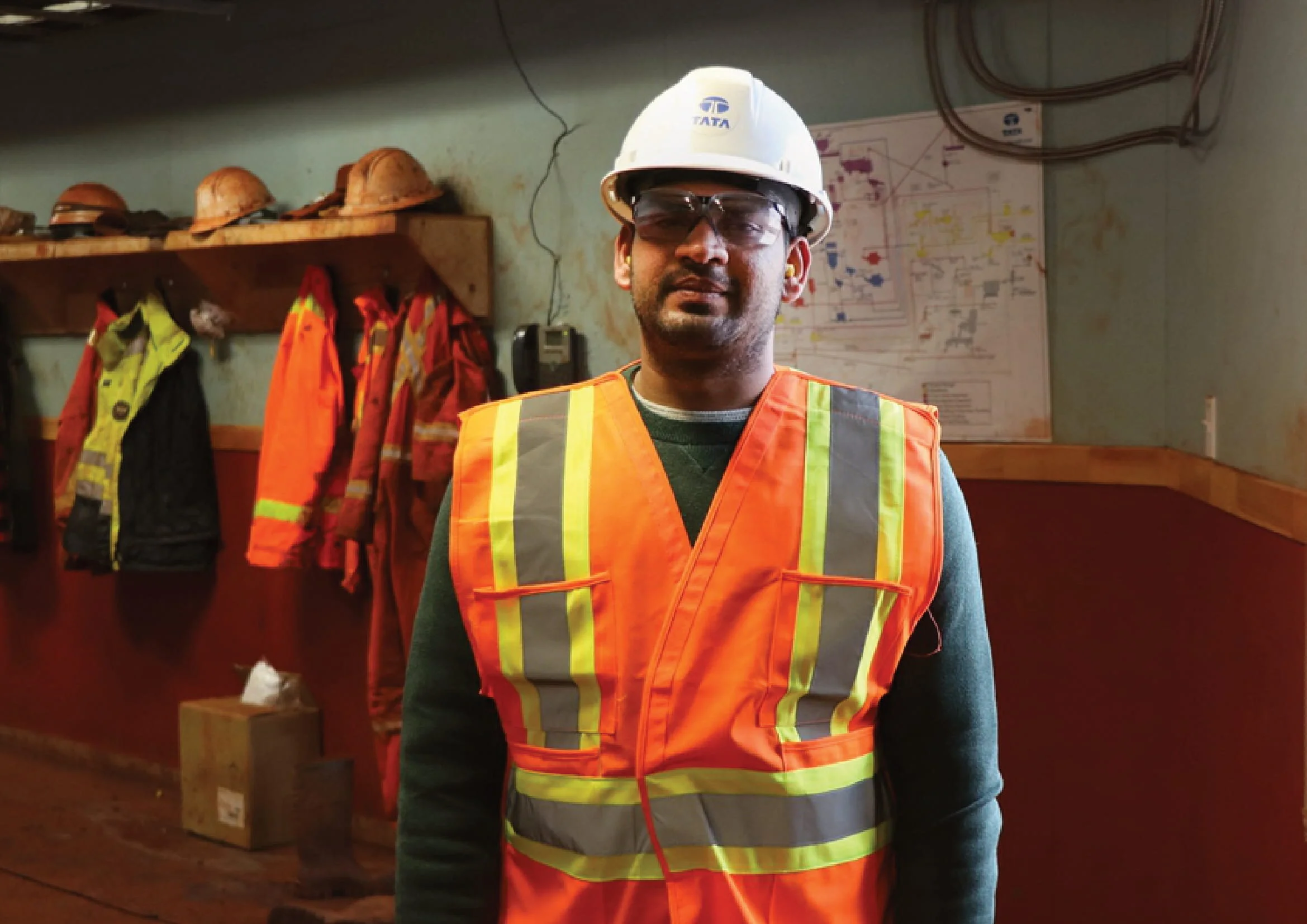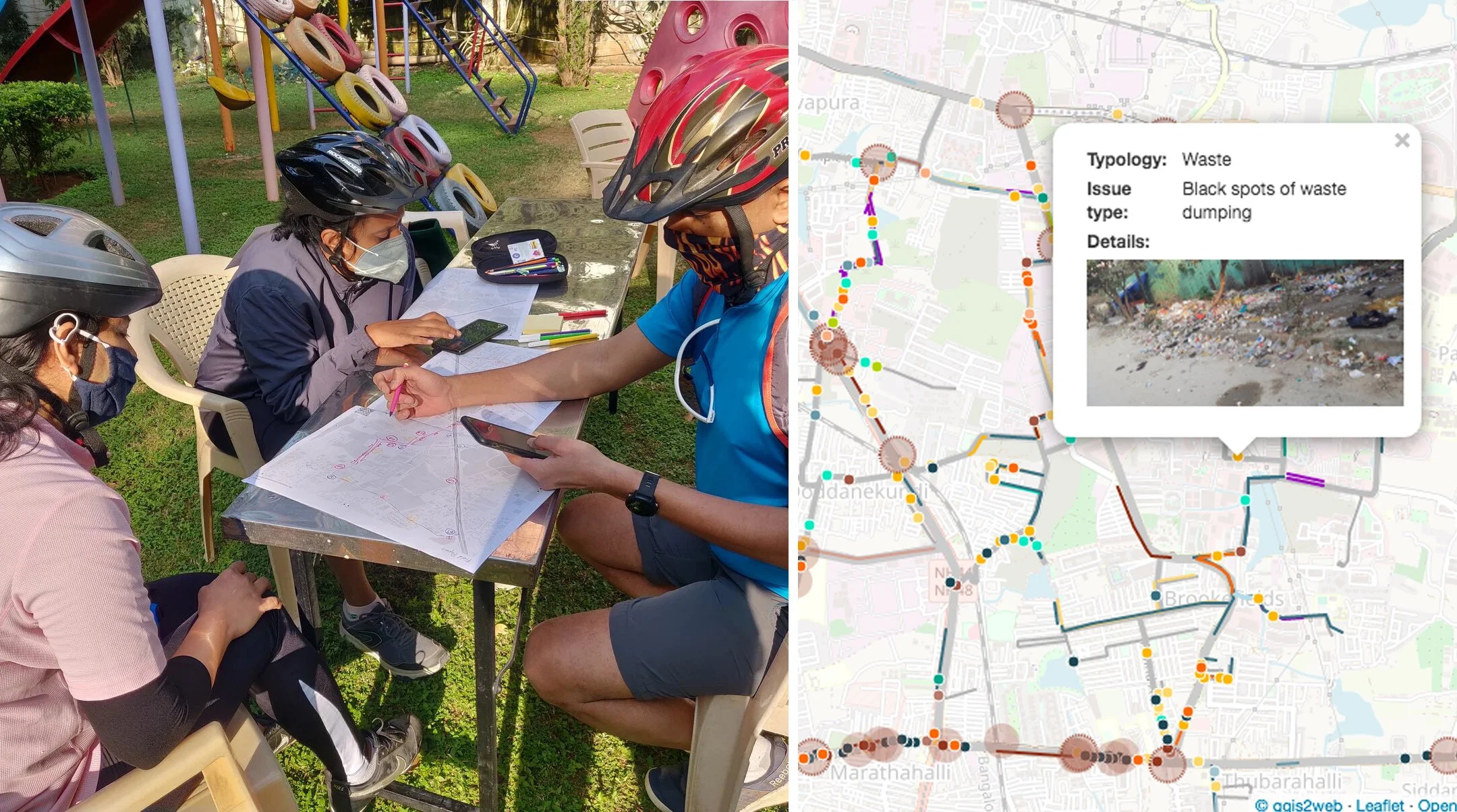Alumni Update: Rahul Srivastava
Rahul Srivastava is a 1993 scholar who studied social and urban anthropology in Mumbai, Delhi and Cambridge (UK). He is a co-founder of urbz and The Institute of Urbanology. His previous publications include an ethnography of urbanized nomads around Mumbai, a novel published by Puffin, (Penguin, India) and The Slum Outside, a commentary on Dharavi, co-written with Matias Echanove and published by Strelka Press and he continues to write extensively on urban issues with Matias. Their next major publication is signed up with Verso, London. He brings his background in anthropology and visual ethnography to urbanology, the practice that energises much of urbz's work in Mumbai and elsewhere.
In this week’s post we are publishing an excerpt of an article Rahul has co-authored with Matias entitled, One Foot in the City, One Foot in the Village: The Invisible Mobility of Urban Workers in India. The article delves into the complex nuances of the people who lead lives that are split between the city and their village of origin. They do not see this to be a problem in itself, however believe that policies must account for this reality and accommodate the needs of a mobile workforce that sustains both the urban and the rural economy.
Rethinking Belonging
Manoj Kumar Vishwakarma is a carpenter working in Dharavi, Mumbai. He is originally from a village outside Varanasi, in Uttar Pradesh, where he has two houses and where his wife and children live. He has been living in Mumbai for 26 years and has rented a small house in one of Thane's homegrown neighbourhoods. He visits his village for fifteen days every three months and sometimes for 6 months at a stretch. © urbz
Mohammad Asif Ansari (in the image below) and Monish Khan are returning to their hometown named Bareilly in the state of Uttar Pradesh, due to work opportunities drying up post the pandemic. They used to work in tailoring workshops in Dharavi over the last three to four years. During that period they would return home once a year. © urbz
Though Ashok, the Dharavi factory owner, has spent most of his life in Mumbai, he maintains strong ties to his ancestral village, visiting it at least three times a year, usually travelling by train. His biography includes moments in both places at different points of time. While his early childhood was spent in Mumbai, he was sent back to Pattamadai in the 5th grade when the local school in Dharavi no longer offered classes in his native language, Tamil. He returned to Mumbai after finishing school and became an apprentice in the Indian Railways. When his father passed away, he took over the family business. One of his brothers moved back to the village to oversee the family’s farm. One son works with him and has started his own digital printing business in the neighbourhood, while the other works as an engineer in Singapore. Ashok and his brothers donated four acres of land in Pattamadai to build a hospital while also setting up a charitable school in Dharavi.
Mohammad Asif Ansari
How does such a trajectory unentangle itself from fixed categories such as Migrant? Urban? Rural? Or perhaps the more accurate question is how do such categories emerge in rigid ways in the first place when they rarely do adequate justice to reality? Priya Deshingkar and other scholars of migration point out that in countries with a deep and historically entrenched agrarian economy, rural to rural migration, rural to small town migration within regions and long-distance rural-urban migration often take seasonal and cyclical rhythms in which dual-household families are the norm. These family connections are enmeshed in community and clan affiliations which develop networks over large territories and across time - which need to be factored in by policymakers and planners. Reconceptualizing the Indian workforce mobile and able to strategically localize itself in between urban and rural habitats, following needs and opportunities, challenges the dominant narrative of a one-way migration fleeing poor villages and ineluctably ending in urban slums. The urban “slum” should not be seen as a trap where people end up in despair. Understanding “slums” rather as spaces allowing communities to access the city in the absence of affordable accommodations in urban markets could go a long way in redirecting urban policies away from their demolition and towards their upgrading instead. Mobility, community networks, access points are nothing new in India. Families and individuals have used them for centuries. The railway system, cheap and affordable, has reinforced pre-existing patterns as it allowed the working class to travel across the subcontinent (even if communities were mobile long before its appearance, as scholars like Mariam Aguiar point out). The old colonial infrastructure emerged in Independent India as the country’s most democratic public institution, facilitating the back and forth movements of a mobile population. What made this possible is a deliberate policy of subsidizing it, which has helped bring the country together, creating strong urban-rural linkages.
Cover photo: Manoj Kumar Vishwakarma
This piece was originally written for the Forum for Mobile Lives Paris. The entire articles can be read here: https://en.forumviesmobiles.org/2020/05/19/one-foot-city-one-foot-village-invisible-mobility-urban-workers-india-13304
All Images are courtesy urbz.









